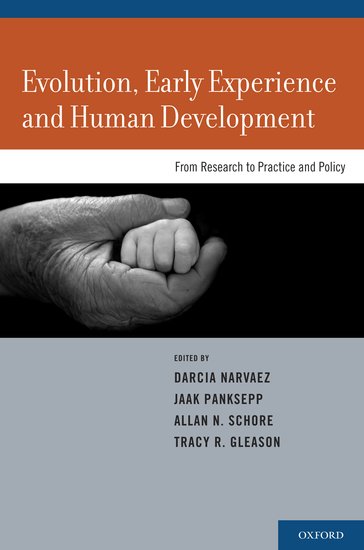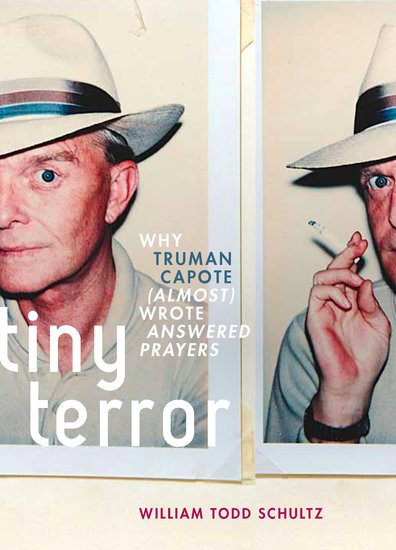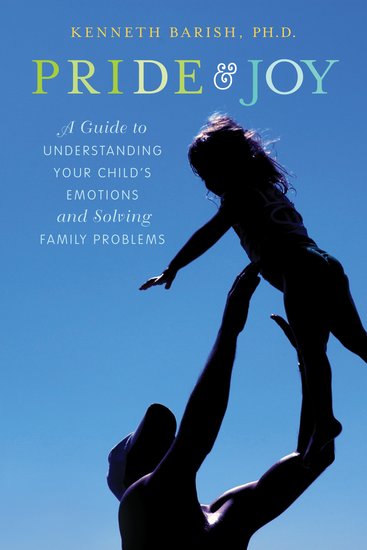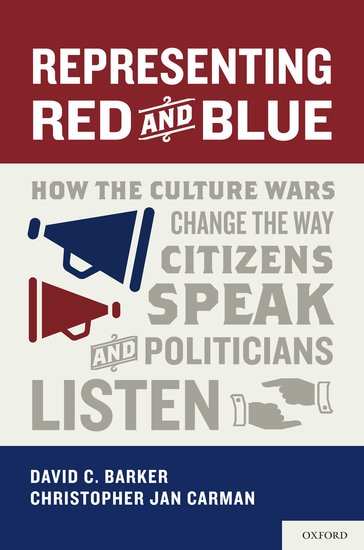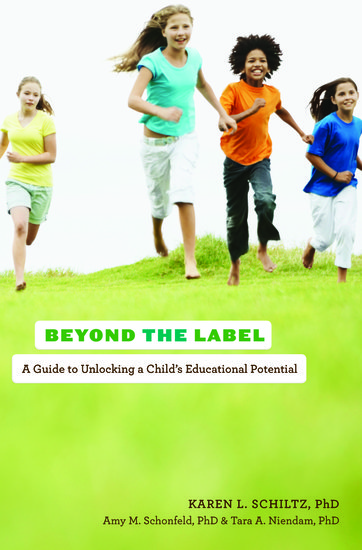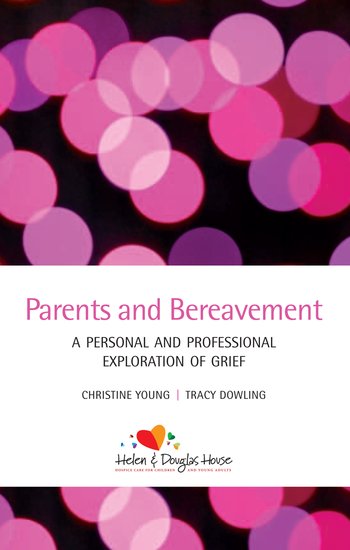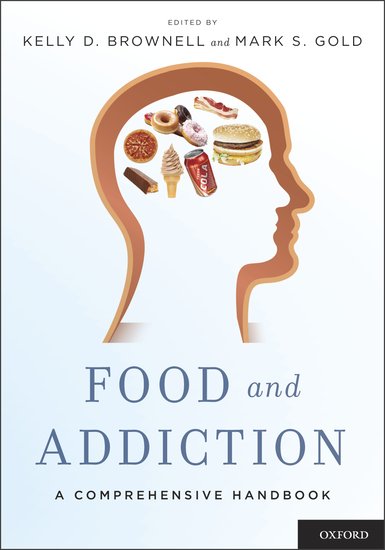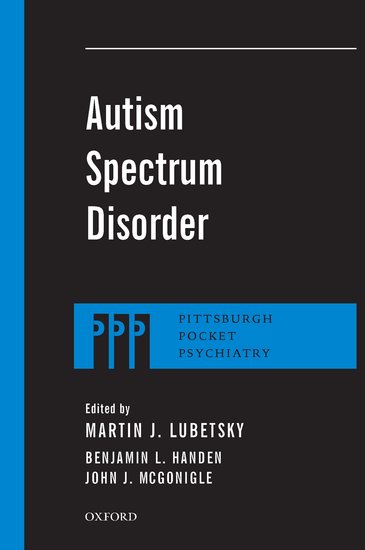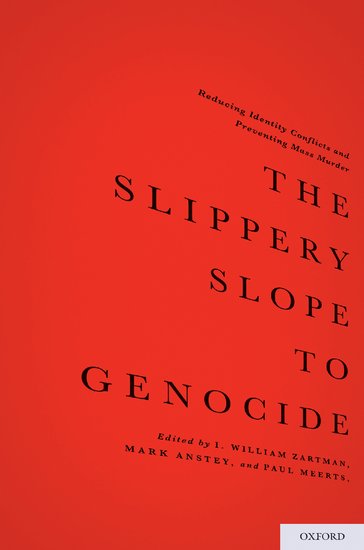Achievement, depression, and politicians
‘For two or three years the light faded from the picture. I did my work. I sat in the House of Commons, but black depression settled on me.’
Starter for ten: who said this? (Apologies if you haven’t watched University Challenge). It was Winston Churchill, arguably the greatest British prime minister and certainly one who played a crucial role in guiding his nation through the Second World War.


